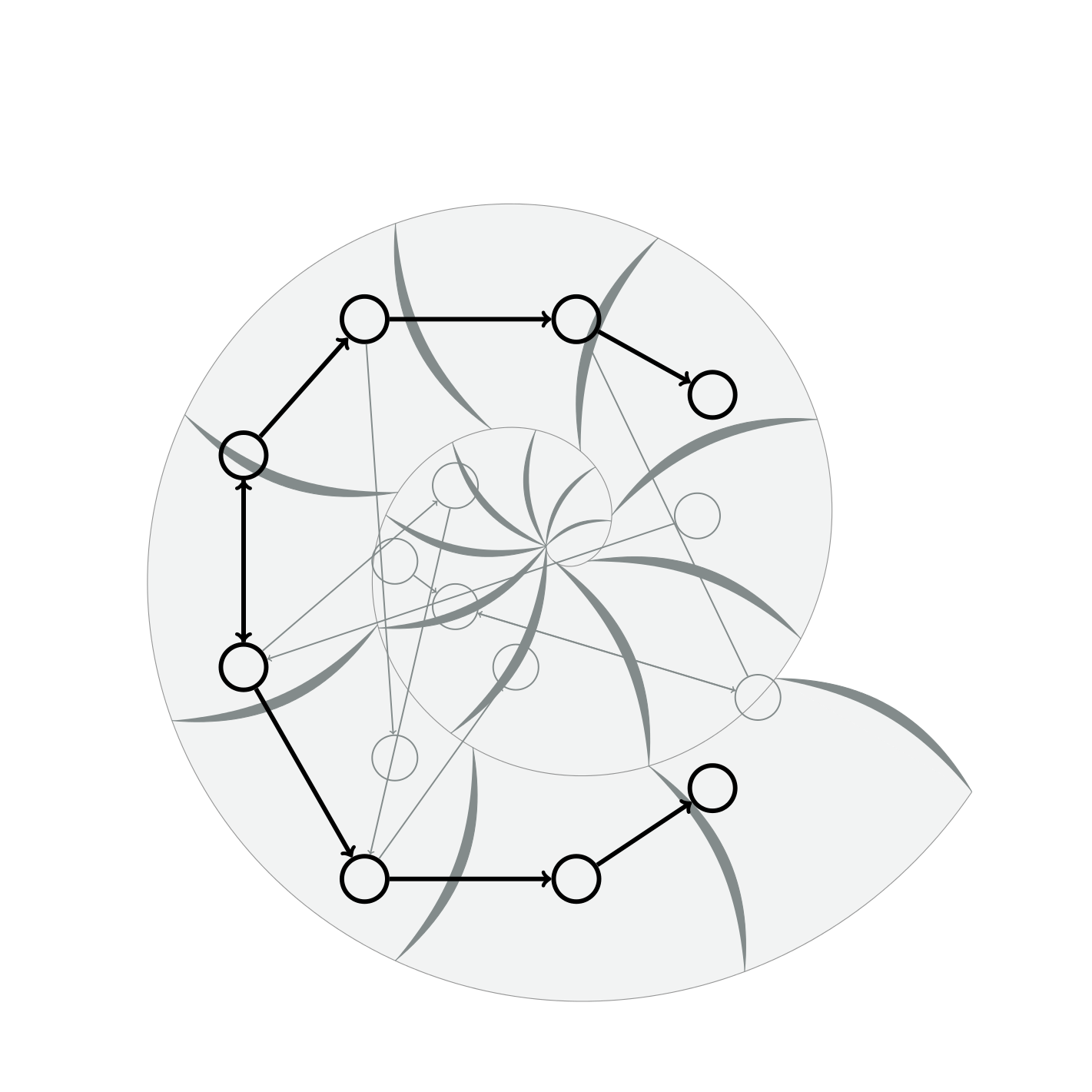Introducing CoQuiAAS
 CoQuiAAS is an open-source software developed to answer a current need in the Artificial Intelligence community :
the ability to solve efficiently inference tasks about argumentation frameworks. Our software provides the sufficient
reasoning tools to work with the usual acceptability semantics (Complete, Preferred, Stable and Grounded) and the usual
inference tasks (compute one extension, enumerate all the extensions, credulous acceptance and skeptical acceptance).
CoQuiAAS is an open-source software developed to answer a current need in the Artificial Intelligence community :
the ability to solve efficiently inference tasks about argumentation frameworks. Our software provides the sufficient
reasoning tools to work with the usual acceptability semantics (Complete, Preferred, Stable and Grounded) and the usual
inference tasks (compute one extension, enumerate all the extensions, credulous acceptance and skeptical acceptance).
CoQuiAAS respects the requirements of the International Competition
on Computational Models of Argumentation.
CoQuiAAS has been developed jointly by three members of the CRIL
(Centre de Recherche en Informatique de Lens) and LIPADE (Laboratoire d'Informatique Paris Descartes).
CoQuiAAS is supported the project AMANDE, funded by the French National Research Agency (ANR) as ANR-13-BS02-004 and the Fondation de Recherche pour l'Aéronautique et l'Espace (FRAE).